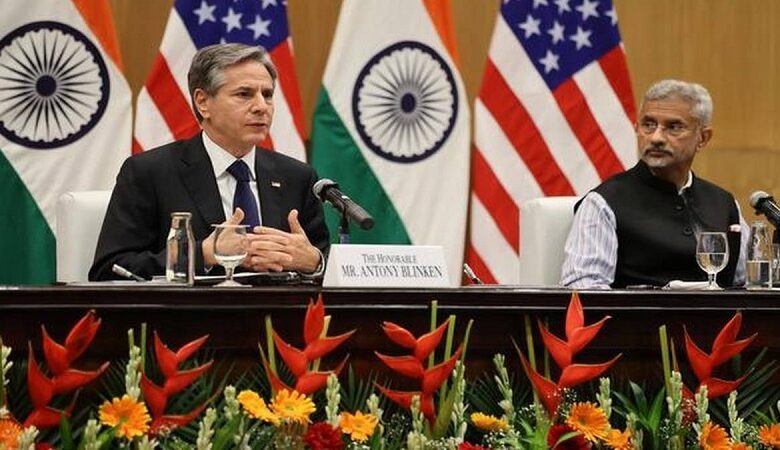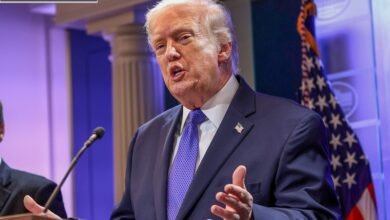
News Mania Desk/ Agnibeena Ghosh/28th June 2024
The newly formed Indian government, inaugurated on June 4, promptly found itself hosting a significant American delegation led by Michael McCaul, the chair of the US House Committee on Foreign Affairs. This visit took place in Dharamshala, the home of the Tibetan government-in-exile and the Dalai Lama since his escape from Tibet. Despite stern warnings from China to the US against such engagements, the delegation met with Prime Minister Narendra Modi in Delhi following their discussions with Tibetan leaders and the Dalai Lama. The presence of Nancy Pelosi, a well-established figure in the American political landscape, underscores the high-level endorsement of this visit from both the Biden administration and the Modi government. Pelosi’s visit to Dharamshala holds weight comparable to her notable trip to Taiwan in 2022, reflecting its geopolitical significance.
This unexpected move by Washington and New Delhi has caught global attention, especially as it marks a bold stance on the Tibet issue. China’s reaction has been one of bewilderment, while within India, there are mixed feelings. Some fear the Americans might be leveraging New Delhi to confront Beijing. However, this visit seems to be a strategic decision by India rather than a reaction to external pressure. It signals to China that India is prepared to stand firm and is no longer intimidated by the “One China Policy.” This is a clear message to China that its aggressive tactics, such as renaming Indian villages, will not go unchallenged.
India’s move to allow the US delegation to meet the Dalai Lama is a calculated response to China’s assertive behavior. It demonstrates India’s willingness to press on sensitive issues like Tibet and Taiwan, much like China has done with Indian territories. This assertiveness from India, especially at the beginning of Modi’s third term, indicates a strategic shift in dealing with China’s expansionism.
The US has amplified this show of strength to support the bipartisan Tibet Policy Bill, which Biden is preparing to sign. This bill counters China’s claims over Tibet and promotes dialogue between the Chinese government and the Dalai Lama, directly challenging China’s narrative. By participating in this, India is sending a strong signal to China about its stance on territorial and sovereignty issues.
China’s growing assertiveness in regions like Arunachal Pradesh and the Indian Ocean is a significant concern for India. Beijing’s activities, such as renaming villages in Arunachal Pradesh and pushing its territorial claims, have prompted India to adopt a more robust stance. This new strategy from India, including leveraging issues like Tibet and Taiwan, aims to gain an upper hand over China.
China’s actions, such as renaming 30 locations in Arunachal Pradesh and releasing maps asserting its claims over Indian territories, have pushed India to act decisively. By engaging with the US on the Tibet issue, India is making it clear that it will not tolerate China’s territorial ambitions. This shift in policy marks India’s readiness to counter China’s expansionism actively.
As India navigates this new geopolitical landscape, it has made clear that any future activism regarding Taiwan and Tibet will be more pronounced. This evolving dynamic between India and China, influenced by US support, is likely to reveal more strategic moves from New Delhi in the coming months. India’s assertive stance signals a significant shift in its foreign policy, aiming to counter China’s influence and protect its sovereignty.






